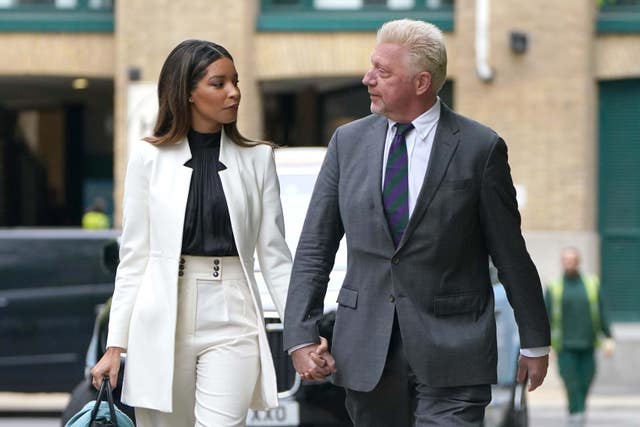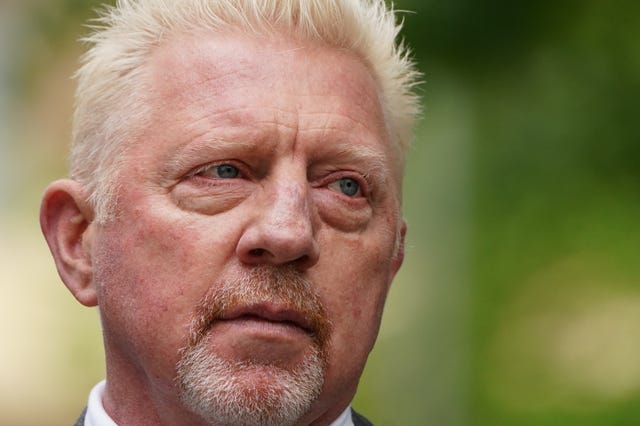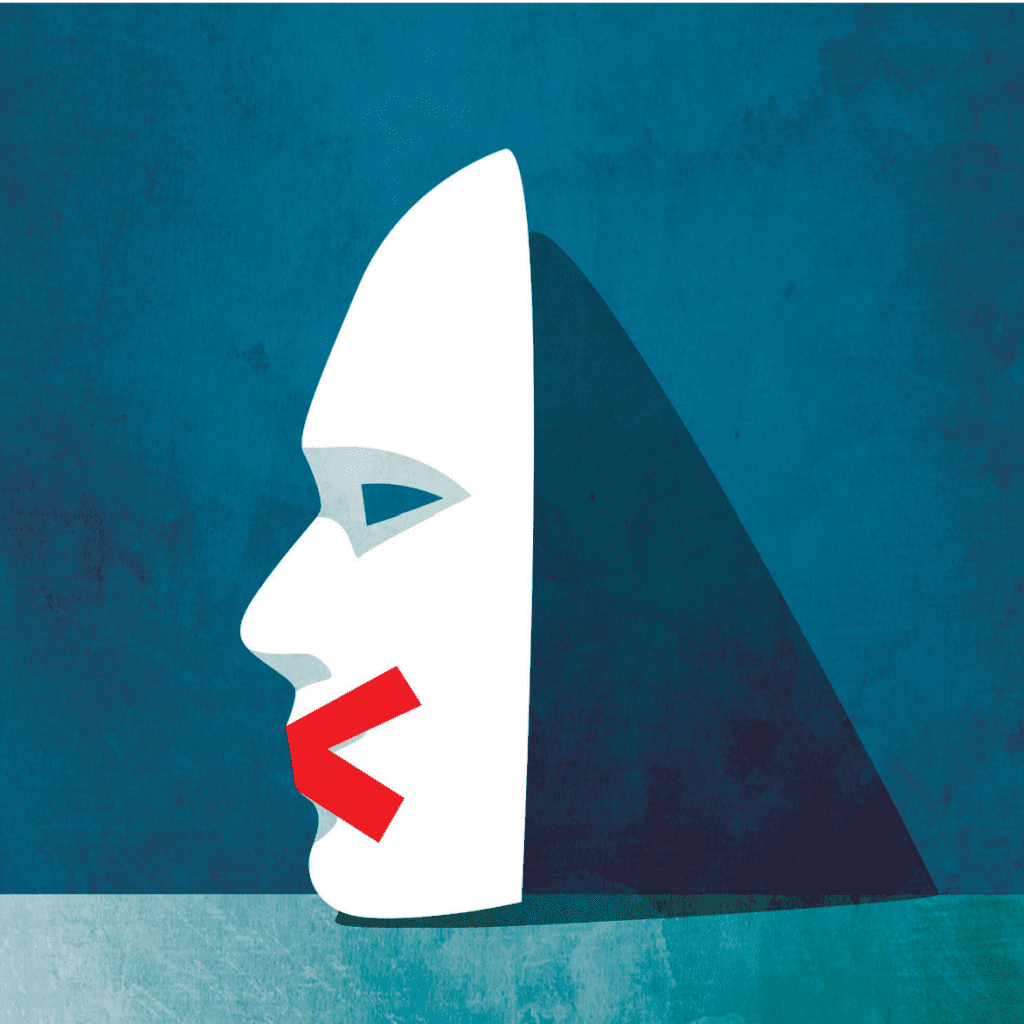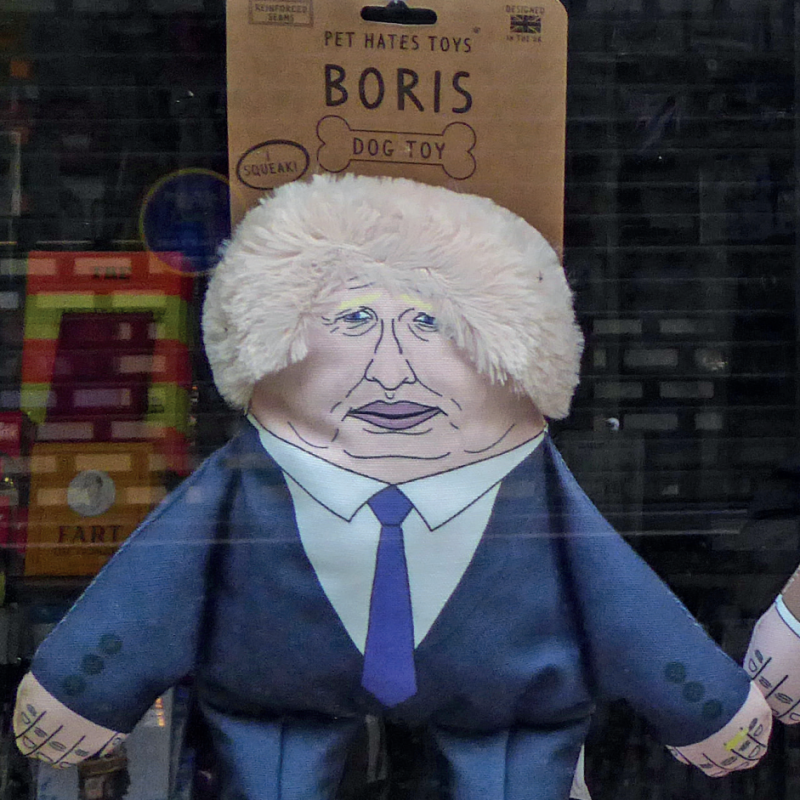The former tennis ace could be jailed after being convicted of four offences under the Insolvency Act.
29 April 2022
Three-time Wimbledon champion Boris Becker arrived at court wearing a tie in the tennis tournament’s colours as he faces sentencing for hiding £2.5 million worth of assets and loans to avoid paying his debts.
The former world number one, 54, was declared bankrupt on June 21 2017, owing creditors almost £50 million, over an unpaid loan of more than £3 million on his estate in Mallorca, Spain.
BBC commentator Becker transferred almost 427,000 euros (around £390,000) from his business account to others, including those of his ex-wife Barbara Becker and estranged wife Sharlely “Lilly” Becker.
The father-of-four also failed to declare his share in a £1 million property in his home town of Leimen, Germany, hid an 825,000 euro (almost £700,000) bank loan – worth £1.1 million with interest – and concealed 75,000 shares in a tech firm, valued at £66,000.


Becker, who was handed a two-year suspended sentence for tax evasion and attempted tax evasion worth 1.7 million euro (around £1.4 million) in Germany in 2002, was found guilty of four offences under the Insolvency Act between June 21 and October 3 earlier this month.
Each count carries a maximum sentence of seven years’ imprisonment and Judge Deborah Taylor will sentence the six-time Grand Slam champion at Southwark Crown Court on Friday afternoon.
Becker, wearing a striped tie in the Wimbledon colours of purple and green, arrived at court holding the hand of partner Lilian de Carvalho Monteiro, while his eldest son Noah carried a large Puma bag.
The tennis star told jurors his 50 million US dollar (about £38 million) career earnings were swallowed up by an expensive divorce to his first wife Barbara, child maintenance payments and “expensive lifestyle commitments”.
The German national, who has lived in the UK since 2012, said he was “shocked” and “embarrassed” when he was declared bankrupt.
He claimed he had co-operated with trustees tasked with securing his assets, even offering up his wedding ring, and relied on the advisers who managed his life.
However, Becker was found guilty of four charges, including removal of property, two counts of failing to disclose estate and concealing debt.


Prosecutor Rebecca Chalkley said on Friday the jury had found he acted “deliberately and dishonestly”, but added: “Even now, Mr Becker is still seeking to blame others when it was obviously his duty.”
The court heard he received 1.13 million euros (about £950,000) from the sale of a Mercedes car dealership he owned in Germany into a business account used as his “piggy bank” for his personal expenses.
They included £7,600 on children’s school fees, almost £1,000 at Harrods, and payments made to Ralph Lauren, Porsche, Ocado and a Chelsea children’s club.
He also paid 48,000 euros (around £40,000) for an ankle operation at a private clinic and spent 6,000 euros (around £5,000) at a luxury golf resort in China, the court heard.
Becker was acquitted of 20 charges, including nine counts of failing to hand over trophies and medals from his tennis career.
He said he did not know the whereabouts of the memorabilia, including the 1985 Wimbledon title that catapulted him to stardom aged 17.
Becker was also cleared of failing to declare a second German property, as well as his interest in the £2.5 million Chelsea flat occupied by his daughter Anna Ermakova, who was conceived during Becker’s infamous sexual encounter with waitress Angela Ermakova at London restaurant Nobu in 1999.
Jonathan Laidlaw QC, defending, said Becker had not spent money on a “lavish lifestyle” but used funds to pay child maintenance, lawyers, business expenses and rent.
He added: “He was in desperate financial straits and what in essence he has done is exercised his own choice as to which creditors to pay, choosing or preferring to pay monies to dependents rather than allowing the joint trustees to determine how those monies should be applied.”



